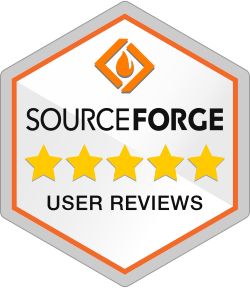Most maintenance departments are organized only for reaction to urgent demands, yet they wonder why they live in a reactive environment with a reactive culture.
Organizationally, there must be recognition of and provision for the three broad types of work performed by the maintenance department: prompt emergency response, reliable routine service, and timely backlog relief.
To be organized primarily for the first type (urgent response) is obviously detrimental to the latter two types.To provide reliable asset capacity, maintenance resources must be balanced with essential workload and organized in a manner that assures effective performance of all three work types. Deferring critical maintenance inevitably leads to further breakdowns and a perpetuation of reactive maintenance that ultimately leads to failure of the business entity.
Managers must not allow urgency alone to consume all available resources. Resources must be provided for the important work that improves future reliability, thereby reducing future urgencies. Although breakdowns and other suddenly developing conditions require prompt response, they represent only the urgent portion of the maintenance workload. Preoccupation with urgent response perpetuates the reactive status quo and causes the future of an organization to look like the past-failure to meet and sustain organizational objectives.
Don Nyman
Joel Levitt
Maintenance Planning, Coordination and Scheduling Second Edition
Chapter 3 p35

























